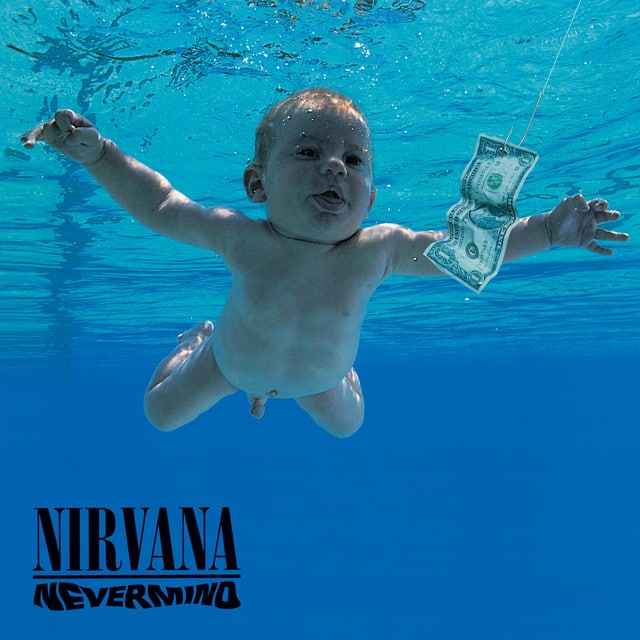Released: 1994
Nirvana’s cover of “The Man Who Sold The World” is a deep dive into themes of identity, reality, and existential contemplation. With Kurt Cobain’s raw delivery, the song’s lyrics walk us through an eerie and surreal encounter, pushing us to ponder on our own perceptions of self and the world around us. Let’s untangle this web of lyrical intrigue.
The opening lines, “We passed upon the stair, we spoke of was and when,” immediately set a tone of reflection and past encounters, possibly hinting at missed connections or unresolved conversations. The mention of the stairs could symbolize a crossing of paths between two realms or stages in life. The next line, “Although I wasn’t there, he said I was his friend,” introduces a sense of detachment and questions of identity and existence. The speaker being recognized as a friend by someone they seemingly never met suggests a deeper, perhaps spiritual, connection, or it could point to the universal desire for meaningful relationships.
When Cobain sings, “I thought you died alone, a long long time ago,” it’s a haunting reflection on isolation and the passage of time, confronting the often-solemn reality of how we perceive others’ lives and endings. The phrase “died alone” could be understood literally or metaphorically, speaking to the emotional or existential solitude one might feel even when surrounded by others.
The line “You’re face to face with the man who sold the world” thrusts us into a moment of revelation. The “man who sold the world” could be interpreted as someone who has betrayed or sacrificed his genuine self or ideals for worldly gain, or perhaps it’s an encounter with a version of oneself that has made compromising decisions. This encounter is deeply introspective, forcing both the speaker and the listener to confront their own compromises and the control they have or lack over their lives and identities.
The closing remarks of the live performance, acknowledging the song’s origin by David Bowie and Cobain’s humble insecurities about performing it, bring an interesting layer to Nirvana’s version. It underscores the song’s themes of identity and authenticity, as Cobain navigates through his own interpretation of Bowie’s work, adding a layer of vulnerability and personal connection to the performance. Cobain’s candid interaction with the audience and his bandmates about potentially screwing up the song adds a raw, honest quality that fits perfectly with the song’s exploration of imperfection and the human condition.
In summary, Nirvana’s “The Man Who Sold The World” is a powerful exploration of existential themes, inviting listeners to reflect on their own lives, identities, and the choices they’ve made. Through Cobain’s haunting vocals and introspective lyrics, the song remains a timeless piece that captures the complexity of human emotion and the perpetual quest for meaning.








